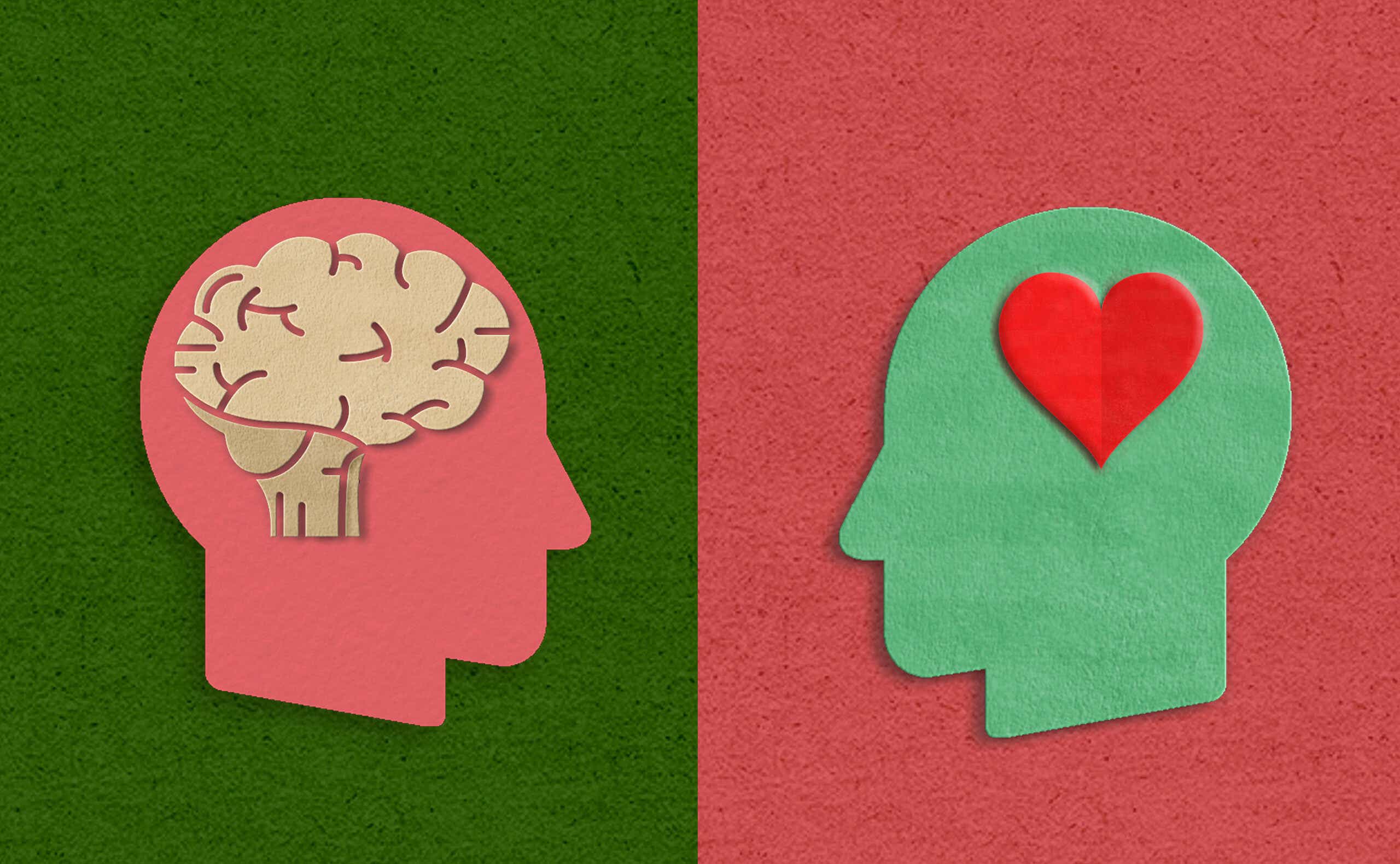When you think of the iconic American executive, who comes to mind? Jack Welch? Steve Jobs? Elon Musk?
These are men who are revered for their resolve, their vision, and the empires they’ve built and steered — but not necessarily for their expansive senses of empathy. (Welch was known for ranking his workers and automatically axing the bottom 10 percent every year; Jobs once met and fired an employee in the space of a single elevator ride; and Musk last year issued an ultimatum to his staff to either become “extremely hardcore” on the job or get lost. Not exactly the picture of compassion.) Compassion has not traditionally been a guiding principle in corporate America, and managers have not been incentivized to lead with their hearts, says Donato Tramuto, a former CEO himself and the author of a best-selling book, The Double Bottom Line.
“There’s a myth out there that compassionate leadership is actually weak leadership,” he tells us. However perceptions about management styles are changing. Gen Z is demanding leaders who put their people first, and the pandemic proved that execs can do exactly that without sacrificing results, says Tramuto.
The activist and Robert F. Kennedy Ripple of Hope Award winner has distinguished himself as an authority on this new approach to work and is leading an online summit to help anyone — from high-level execs to middle managers and even parents — lead with empathy. We spoke to Tramuto about his insightful book, why the CEOs of the future absolutely need this skill, and more ahead of the event on Nov. 2 and 3.
Katie Couric Media: A Harvard Business Review survey found that about 80 percent of managers said they want to be more compassionate, but don’t know how. Why do you think it’s so hard to bring more compassion into the workplace?
Donato Tramuto: There’s a myth out there that compassionate leadership is actually weak leadership. And unfortunately, I was accused of this in my time leading public companies, which is why so many people are afraid to practice it. But compassionate leadership is not just about being kind or about not being tough. It’s about being willing to embrace a true understanding of each and every one of your employees, and then earning their trust.
But guess what? Times are changing. The workforce today is made up of about 35 to 40 percent millennials and Gen Z, and they don’t view management the way it has traditionally been seen. The problem is that there’s no curriculum today in universities to teach this, and that’s why we’re on this endeavor.
You say that leading with compassion isn’t just the right thing to do, it’s also good for business. Why?
I was the CEO of a public company, and I know that the pressure is always on you to deliver. But the top-down, tyrannical type of leadership that focuses only on productivity and profit just isn’t gonna cut the mustard anymore. Today’s workforce is too young, too diverse, too disengaged, and too tired of not having been heard and respected to put up with the old way of doing things.
What’s one piece of advice you’d give a manager who does want to become a more understanding boss?
Start with showing yourself compassion. Recognize your own failings and recognize that failings can help you grow. Give yourself space, and recognize that the time you spend with your family on a Sunday is not pilfering from the company’s time, but something you owe yourself, to give yourself the strength and to give yourself the sustenance that’s necessary to help you lead your team.
I say this because self-compassion is something a lot of us don’t think about. For the book, we asked Katie and 40 others, “How do you show self-compassion?” And they all admitted that it’s something they neglected.
What can people expect to learn from this seminar?
We’ll look at some of the key practices that will help them dismiss the myth that compassionate leadership is weak. We’ll have seven or eight guests, including a top-notch executive at one of the biggest banks in Europe and Kerry Kennedy, president of the RFK Human Rights non-profit. They’ll share how they evolved into compassionate leaders, and we’ll also look at some of the data we’ve collected around this management style. We interviewed 41 incredible leaders and 1,500 employees for the book and we’ll hear from the person who did the data research about their analysis and findings.
I can see how a CEO would benefit from the summit, but what about people who aren’t leading companies?
We didn’t write this book just for business people; it’s for everyone who assumes a leadership position — mothers, fathers, whoever. I’ve had people come up to me and say, “My gosh, I’ve learned a new approach to interacting with my sister or brother.” These ideas really resonate with all types of people, whether you’re in a not-for-profit, a for-profit, whether you’re in politics, whatever it may be.
This interview has been edited and condensed for clarity.













